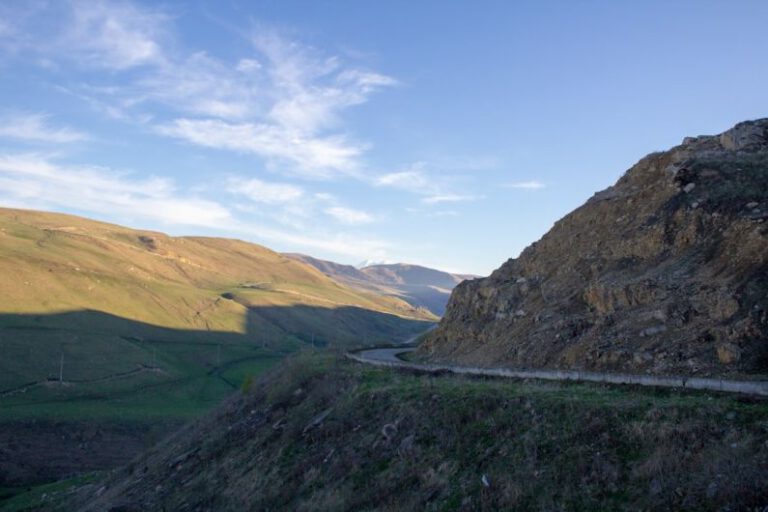The International Space Station: Humanity’s Home in Orbit
Since its launch in 1998, the International Space Station (ISS) has been a symbol of human achievement and collaboration in the realm of space exploration. Orbiting the Earth at an altitude of approximately 400 kilometers, the ISS serves as a cutting-edge laboratory for scientific research, a platform for international cooperation, and a stepping stone for future deep-space missions. Let’s delve into the fascinating world of the ISS and explore the significant role it plays in advancing our understanding of space and our place within it.
A Hub of International Collaboration
One of the most remarkable aspects of the ISS is its status as a collaborative effort among multiple countries. The project involves space agencies from the United States, Russia, Europe, Japan, and Canada, working together to design, build, and operate this state-of-the-art space station. This spirit of international cooperation has been instrumental in the success of the ISS, highlighting the power of unity in achieving ambitious scientific goals beyond the confines of national borders.
The ISS serves as a beacon of hope for global collaboration in the pursuit of common goals, demonstrating that when nations come together in a spirit of cooperation, incredible feats can be accomplished. The station’s diverse crew members, representing different countries and backgrounds, work harmoniously in the microgravity environment, conducting experiments and research that benefit humanity as a whole.
A Unique Research Platform
As a cutting-edge laboratory in orbit, the ISS provides a unique environment for conducting scientific research across a wide range of disciplines. From studying the effects of microgravity on the human body to investigating the behavior of materials in space, the station offers researchers an unparalleled opportunity to explore questions that cannot be easily addressed on Earth.
The microgravity environment of the ISS allows scientists to conduct experiments that would be impossible in a gravity-bound laboratory. This has led to groundbreaking discoveries in areas such as biology, medicine, physics, and materials science, with implications for fields ranging from healthcare to advanced materials development.
Moreover, the ISS serves as a testbed for technologies that will be crucial for future deep-space exploration missions, such as missions to Mars. By pushing the boundaries of what is possible in space, the station paves the way for humanity’s continued exploration of the cosmos and the eventual colonization of other celestial bodies.
A Gateway to the Stars
In addition to its role as a scientific laboratory, the ISS also serves as a symbolic gateway to the stars, inspiring future generations of explorers to reach for the heavens. The station represents a tangible manifestation of humanity’s enduring curiosity and ambition, demonstrating our capacity to overcome challenges and push the boundaries of what is possible.
The ISS serves as a reminder of the boundless potential that lies beyond our planet, beckoning us to dream of the possibilities that await us in the vast expanse of space. As we look to the future, the station stands as a testament to the power of human ingenuity and determination, pointing the way towards a new era of space exploration and discovery.
In conclusion, the International Space Station stands as a shining example of what can be achieved when nations come together in pursuit of a common goal. From its role as a hub of international collaboration to its status as a cutting-edge research platform and a symbolic gateway to the stars, the ISS embodies humanity’s collective aspirations for exploration and discovery. As we continue to push the boundaries of space exploration, the station will remain a beacon of inspiration, reminding us of the incredible potential that lies beyond our planet and the endless possibilities that await us in the cosmos.






